Reading
At Blackheath Primary, we love to read! We believe that reading is fundamental to all aspects of school life and developing the skill of reading fluently is vital for our children's education and future success.
We are determined that every child will learn to read, regardless of background, needs or abilities.
During their time at Blackheath, our children will be exposed to a wealth of stories, poems, rhymes and non-fiction to develop their vocabulary, language comprehension and foster a genuine love of reading and a keen interest in a range of texts. Our intent is that by the time our children leave us, they are reading confidently for meaning and regularly enjoy reading for pleasure with positive reading habits which will enable them to become life long readers.
Click here to download our Reading Intent and Progression Document
Click on the tabs below to explore our reading curriculum in more detail
Early Reading - EYFS and Key Stage One
We teach early reading through the systematic, synthetic phonics programme Little Wandle Letters and Sounds Revised. Right from the start of Reception, children have a daily phonics lesson which follows the progression for Little Wandle Letters and Sounds revised programme and this continues in Year One to ensure children become fluent readers.
By the time they reach Year Two, most children will have grasped the phonetic code and will move on to developing stronger fluency in reading which is reading with greater accuracy and an increased pace.
Reading Practice sessions begin in week 4 of Reception where the children work in small groups with an adult to learn to apply their phonetic knowledge through reading books.
Children in Reception, Year 1 and 2, read fully decodable books with an adult 3 times per week during our ‘Reading Practice’ sessions. These books are then sent home for a week for children to build their reading fluency and showcase their developing skills and phonetic knowledge to their parents/carers. These 3 reading practice sessions each have a different focus; decoding, prosody and comprehension.
Our reading books in Reception, Year 1 and Year 2: Little Wandle Letters and Sounds Revised Big Cat books
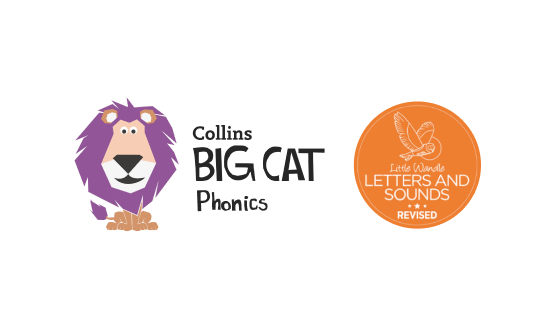
This reading scheme is fully decodable and is sequenced to match our school phonics programme ‘Little Wandle Letters and Sounds’ . Following assessments, children are matched to a phonetic decodable reader that only contains gpc's (phonetic sounds) and tricky words that are known to the child. This is to ensure that they can apply their growing phonetic knowledge to reading words.
Please click here to access the parents section of the Little Wandle website.
Reading beyond Phonics - Little Wandle Fluency
Once the children have grasped the phonetic code and are reading 60 words per minute (end of Year 1 expectations), they are moved on to our Little Wandle Fluency reading scheme. The fluency books are early chapter books which aim to develop a child's fluency, pace and stamina when reading. Each book contains 6 chapters and the children will read a whole chapter in each reading practice session. In each lesson, the children will focus on all three reading skills: decoding, prosody and comprehension.
It takes 6 sessions over 2 weeks for the children to read these books and then the books will be sent home for the children to re-read and practise.
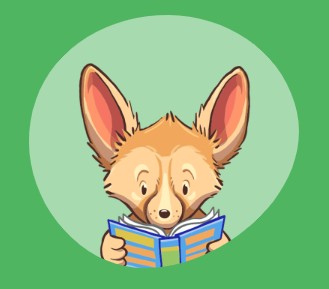
Reading in Key Stage Two
Reading is timetabled daily in Key Stage Two for 45 minutes. Teachers carefully select a range of age appropriate texts for the children based upon language complexity and structures to ensure that the children are challenged beyond their word reading level.
As a school, we have used research from Doug Lemov's 'Reading Reconsidered' to identify texts that are sufficiently complex with a range of themes to prepare our children for reading more complex texts in Key Stage 3.
Our reading lessons have a strong focus on developing and exploring vocabulary in depth (etymology, morphology), explaining and discussing an author’s style of writing, predicting and summarising skills and making links with ideas and themes across and within texts.
All children, despite reading fluency levels share the same challenging text to help widen their vocabulary and text based knowledge thus ensuring all readers have a full, reading enriched curriculum. Work is scaffolded for less fluent readers through modelling, adult support and careful questioning.
Lessons are heavily discussion based to ensure children dive deep into the text and understand what they are reading. They will complete some comprehension tasks linked to the text to develop their written language.
Any pupils who may still require some support with phonics as their main strategy for reading, receive additional targeted support outside of their whole class reading lessons using the 'Little Wandle Letters and Sounds Rapid Catch Up' programme taught in EYFS and KS1. This ensures that children acquire the missing phonetic knowledge as quickly as possible to enable them to become fluent readers.
Book Club
Book Club is timetabled weekly in Key Stage Two as part of our reading lessons. Pupils will explore a wealth of authors and texts in book club. These are based upon both teacher and peer recomendations and is an essential part of our reading curriculum.
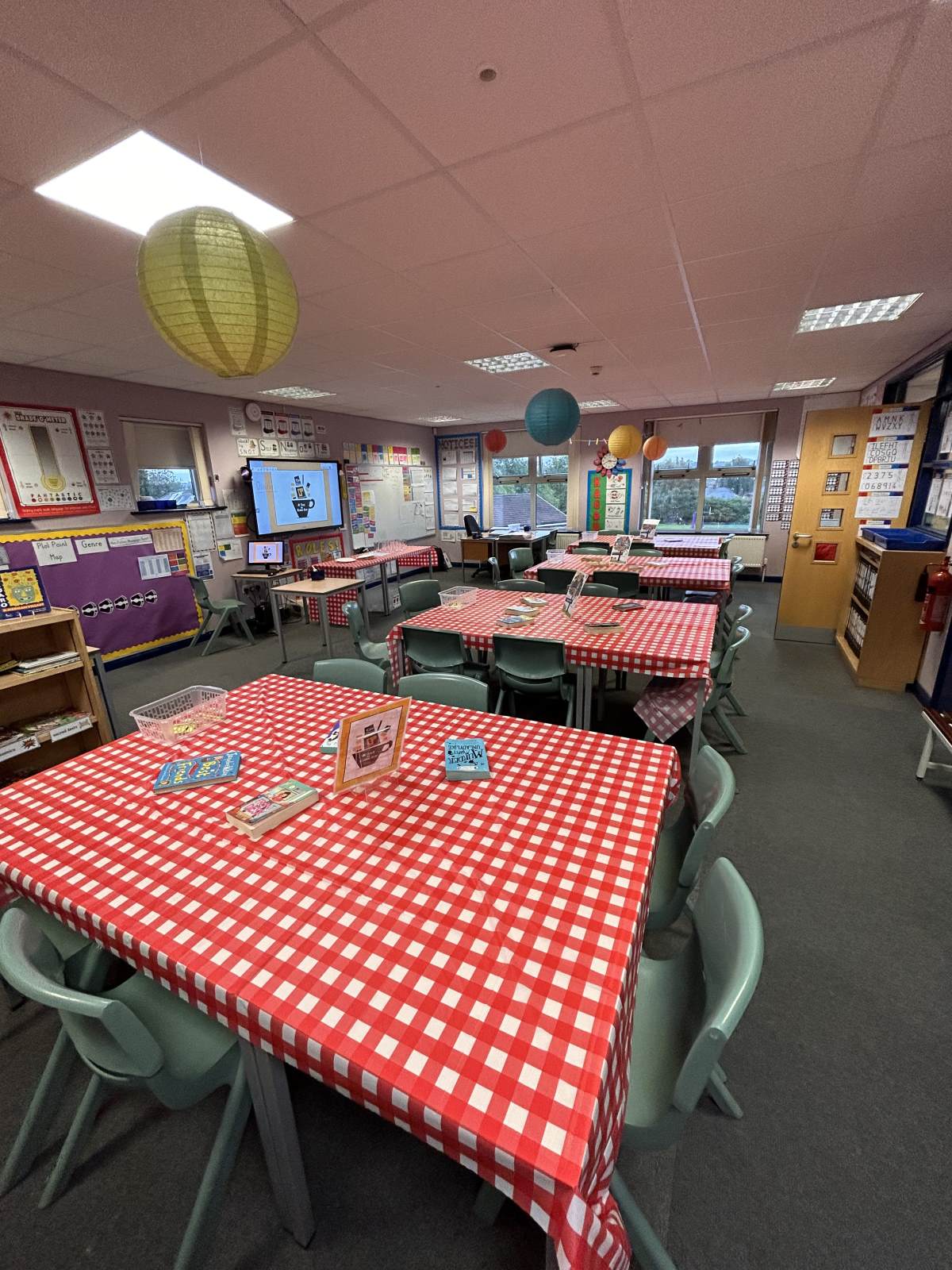
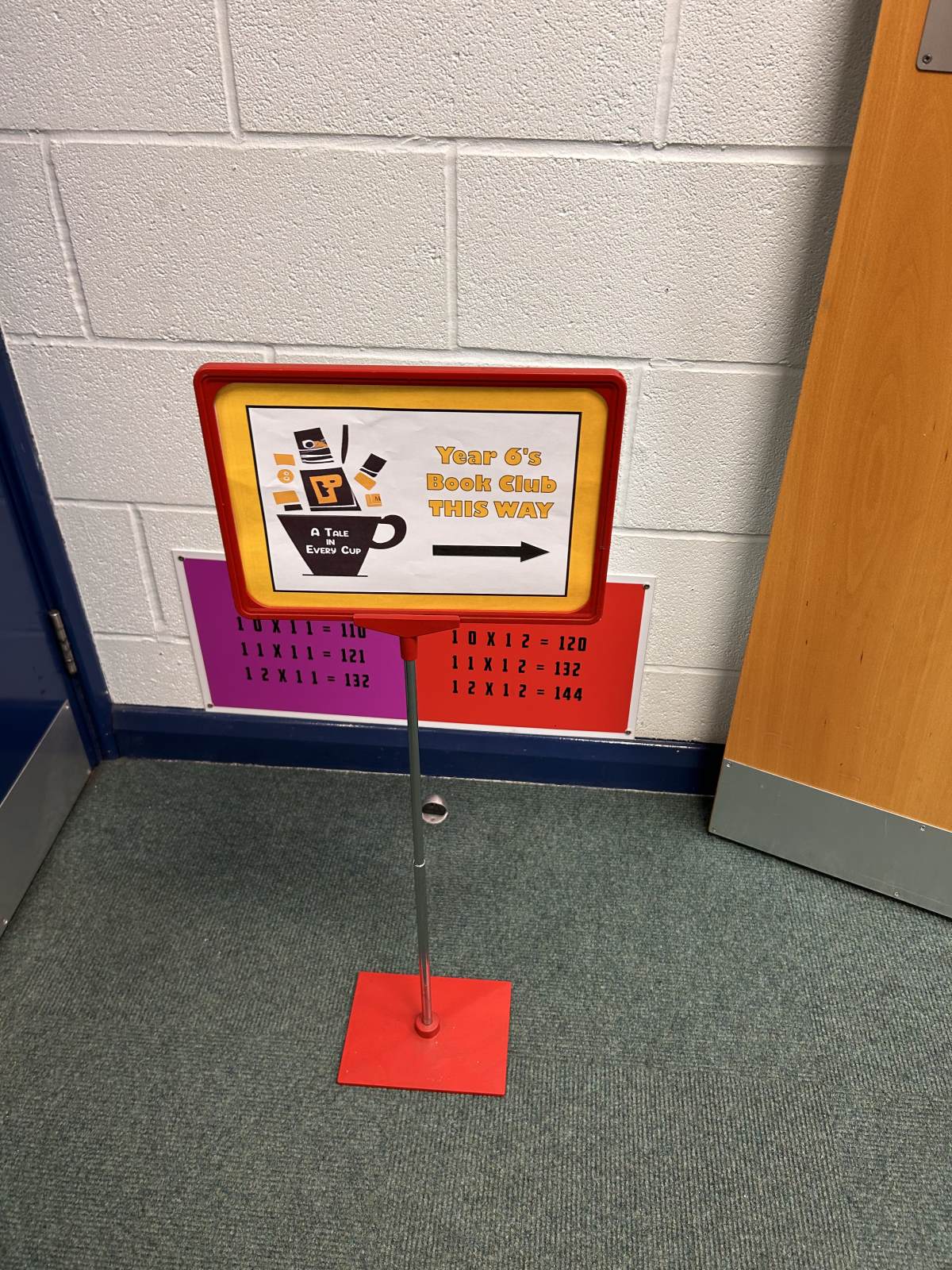
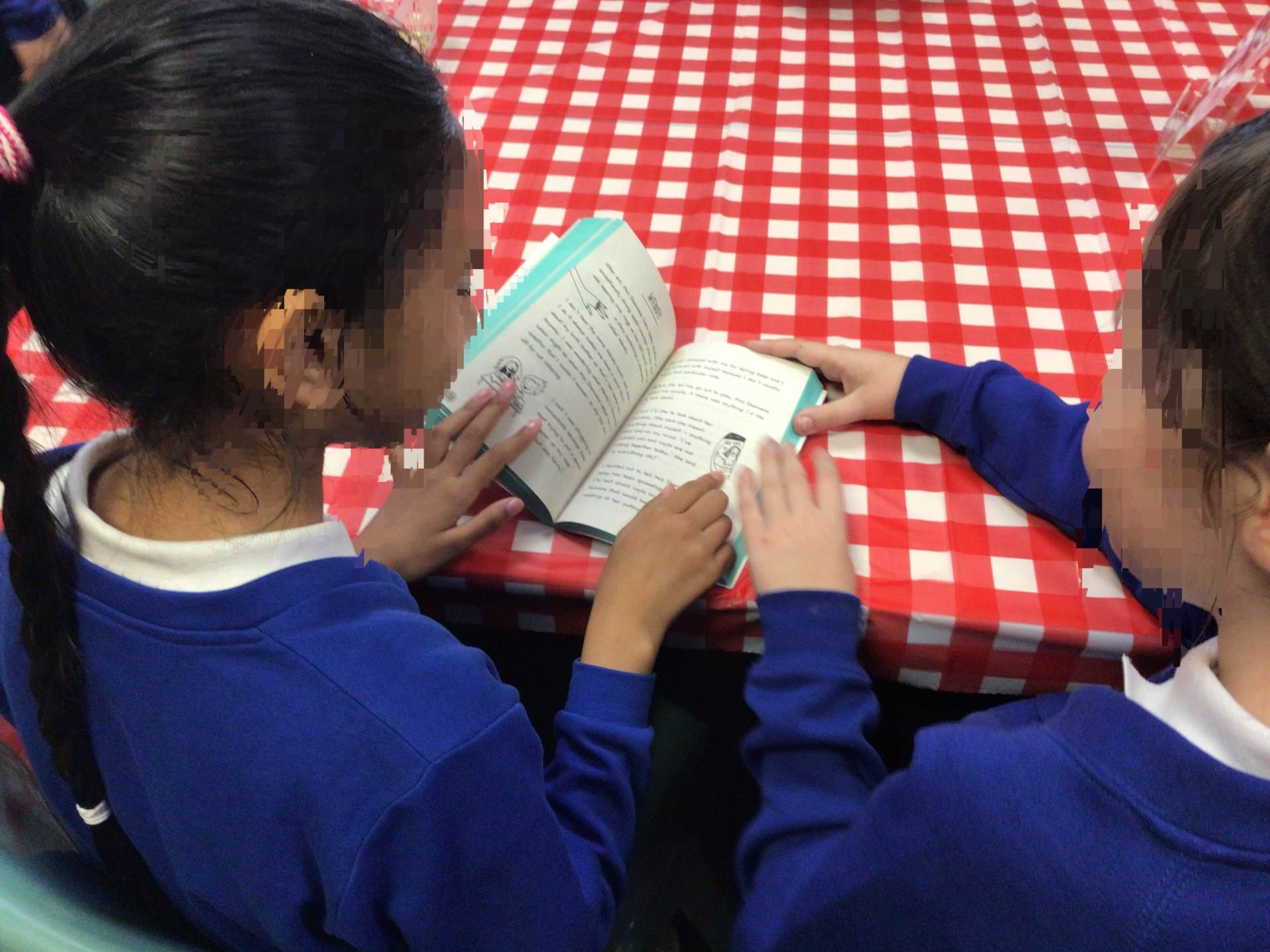
Poetry at Blackheath
Alongside our class picture books, novels and non-fiction books, we read, share, perform and write poetry. This enables our children to learn poetic devices and themes to further widen their vocabulary, fluency, prosody, imagination and confidence in performance.
Download our progressive poetry spine here to see which poems our children will learn to read, share, perform and write.
Click here to download our Blackheath Poetry Spine
Reading for Pleasure
Reading for pleasure remains a whole school priority. This is because:
'Reading enjoyment has been reported as more important for children’s educational success than their family’s socio-economic status.' (OECD, 2002).
It is timetabled daily in all classes and the children are exposed to a rich range of stories that helps to immerse them into a literate world. We have a balance of texts chosen by the teachers as well as texts selected by the children from our carefully chosen Treasure Trove baskets. Treasure Trove baskets change half termly and include a range of classic, diverse and newly released texts to broaden our children's literary experiences.
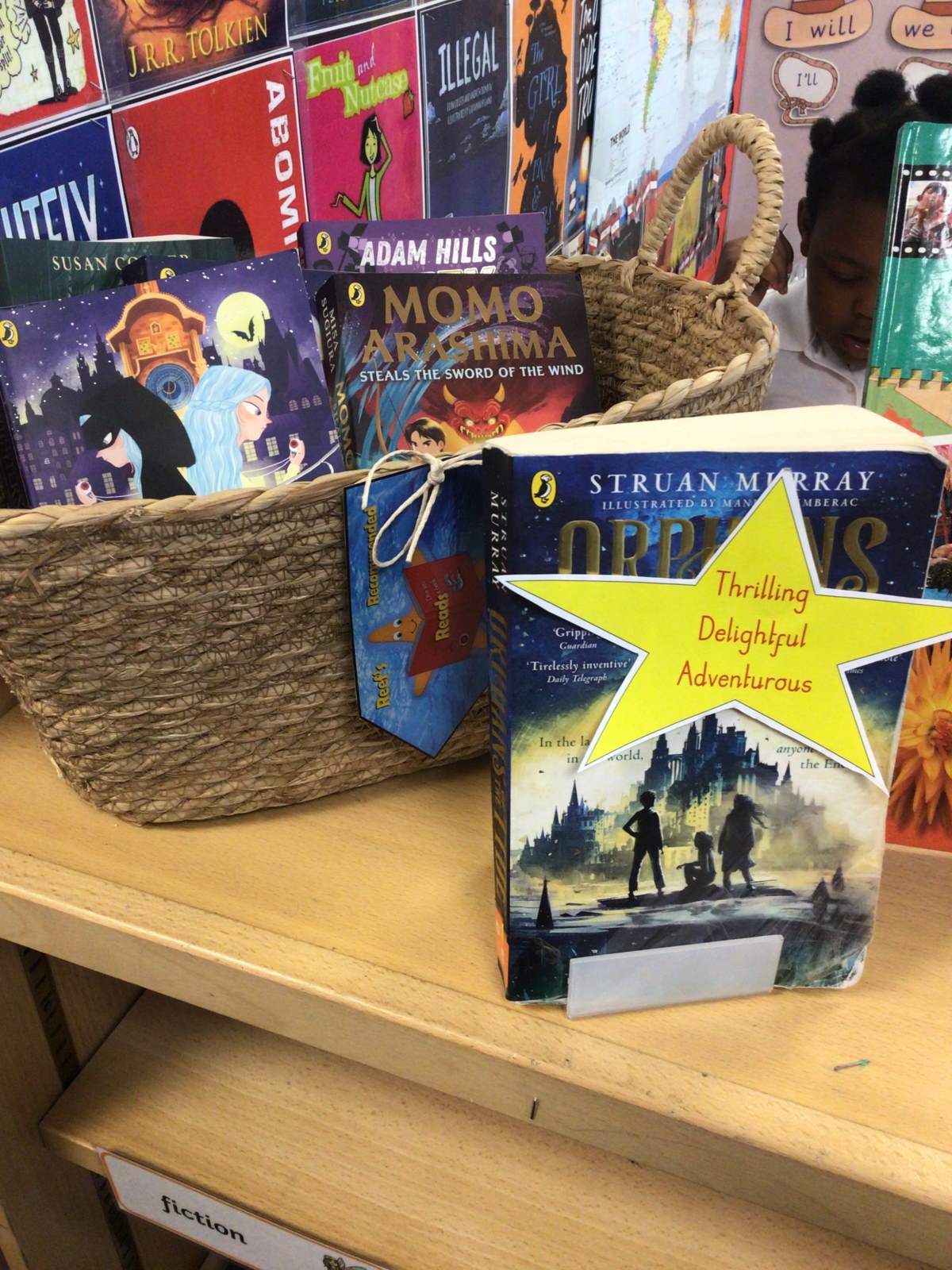
Assessing Reading
In EYFS and Key Stage One, we assess the children's phonetic ability every half term after teaching the next unit of gpc's. This information is then used to match the children to the correct decodable reader.
We also assess the children's ability to decode words and understand what they have read in our ongoing Reading Practice sessions. Any misconceptions or errors are addressed at the point of learning to ensure that children are supported and are reading with accuracy.
Formal assessments do not begin until Year Two when children's comprehension is assessed.
We use NFER reading assessments to assess children's reading and comprehension from Year Two onwards. These are done termly in Autumn, Spring and Summer.
Teacher's use assessment outcomes to plan bespoke reading interventions to ensure that our children achieve their full potential in reading and meet age related expectations.
Key Documents
Year 1 Stage TargetsYear 2 Stage Targets Year 3 Stage Targets
Year 4 Stage TargetsYear 5 Stage TargetsYear 6 Stage Targets
Useful Links






